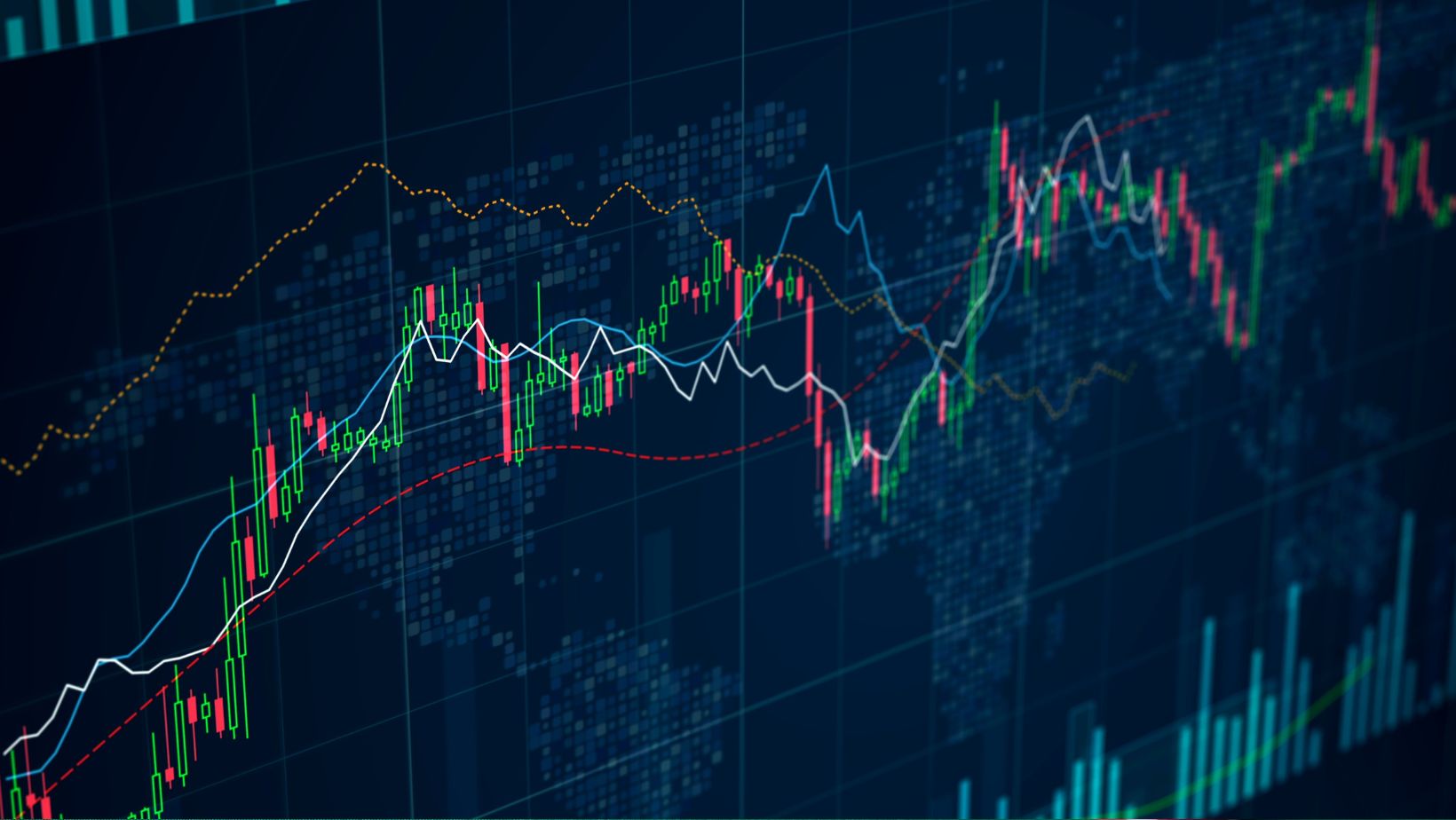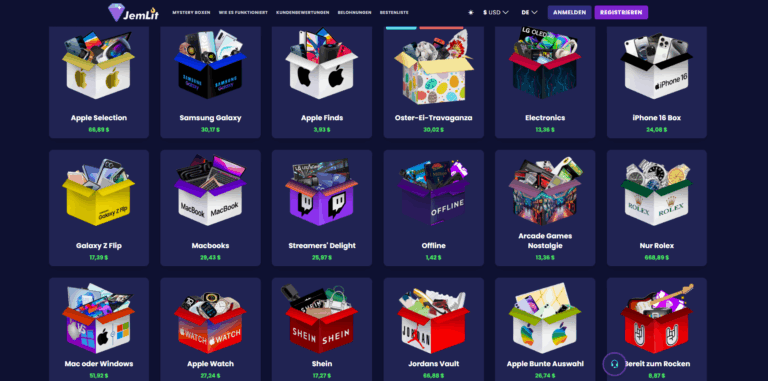So, you’ve been following TechZ for a while. Their new product launch has been generating a lot of buzz, and you have a strong feeling it’ll send their stock price soaring (or even falling).
You wish to take a long position (or a short position). However, you don’t have the capital to buy a bunch of shares outright. Contract for difference (CFD) trading can help you complete the transaction.
How Does CFD Trading Work?
With CFD trading, you get to speculate on TechZ’s price movements without actually owning the stock itself. If your speculation is right, you could potentially profit even with a smaller initial investment.
Keep in mind, though, that CFD trading strategies can cost you money if you don’t approach it carefully. Statistics reveal that over 80% of UK traders in this line of investment incurred losses in 2022.
Before getting started, read in-depth guides on CFD trading or visit any other resources you prefer to learn from experts. This way, you increase the odds of starting your trading journey on a profitable footing.
Next, you’ve got to decide on the right CFD trading platform for you and your investment goals. Here are some tips to choose the right fit:
Find Trustworthy CFD Trading Platforms
Before anything else, you’ve got to ensure the platform you settle for is one you can trust. Go for ones regulated by reputable authorities like the FCA in the UK, ASIC in Australia, or similar bodies in your region. These watchdogs ensure brokers follow fair practices and hold your funds securely.
Also, many of these platforms come with educational resources like webinars, video tutorials, glossaries of trading terms, market trends, and so on. These tools can help you build your trading knowledge and develop your own trading strategies.
Zero in on the Trading Fees
Trading fees in the stock market can add up quickly. So, knowing the nitty-gritty of the platform’s cost structure is the bare minimum. Here’s a breakdown of the common fees to consider:
Commissions
Some platforms charge a fixed fee per trade, while others have a variable commission structure.
Spread
This is the difference between the buy and sell price of a CFD. Tighter spreads generally mean lower costs for you.
Say you want to buy a CFD for a stock priced at USD$100. The platform might offer a spread of USD$1. This means you’d pay USD$101 to enter the trade.
In Practice
Let’s say you’re considering CFD Platform A and Platform B. Platform A charges a USD$5 commission per trade, while Platform B has a commission rate of 0.1%. If you plan to make frequent trades, Platform B might be more cost-effective.
On the other end, platform A offers a spread of 1 pip (a small price movement) on EUR/USD. Platform B’s spread is 2 pips. If you plan to trade EUR/USD frequently, the tighter spread on Platform A could save you money in the long run.
Trading Platform Features
A good CFD platform offers features to suit your trading goals. Here are some key ones to consider:
- Look for clear layouts, intuitive navigation, and easy access to essential functions like order placement and account management.
- Look for platforms offering a variety of chart types, technical indicators (think moving averages or MACD) and drawing tools to help you identify potential trading opportunities.
These are just the bare minimums. Before you settle for a platform, make sure it’s all-inclusive with all the trading features you’ll need in the financial markets.
Mobile and Web Access
Over 96% of people with smartphones today use them to access the internet. As a CFD trader, you need to choose platforms that prioritize mobile access.

Say you’re on a business trip and see an unexpected market shift. With mobile access, you can quickly adjust your trading positions or take advantage of the new opportunity. Also, keep in mind that the e-trading market is projected to hit highs of USD$15.42 billion by 2030.
Being on mobile increases your odds of taking advantage of the market anytime, anywhere. Remember, however, that not all platforms offer the same level of mobile functionality. Ensure your chosen platform’s mobile app has the features you need to manage your trades effectively.
Demo Account
A demo account comes in handy whether you’re new to CFD trading or simply want to try out a new trading strategy. With this account, you can try out your plan on the virtual market and see how it performs before risking real money. A demo account allows you to gain confidence in your trading skills before entering the live markets.
In Closing
CFD trading might come with risks, but once you learn the trade, it can prove to be a profitable path. So, look for platforms that meet your needs and is within your budget and suit your trading style. This way, you’ll increase the odds of making the best of your CFD trading journey.





